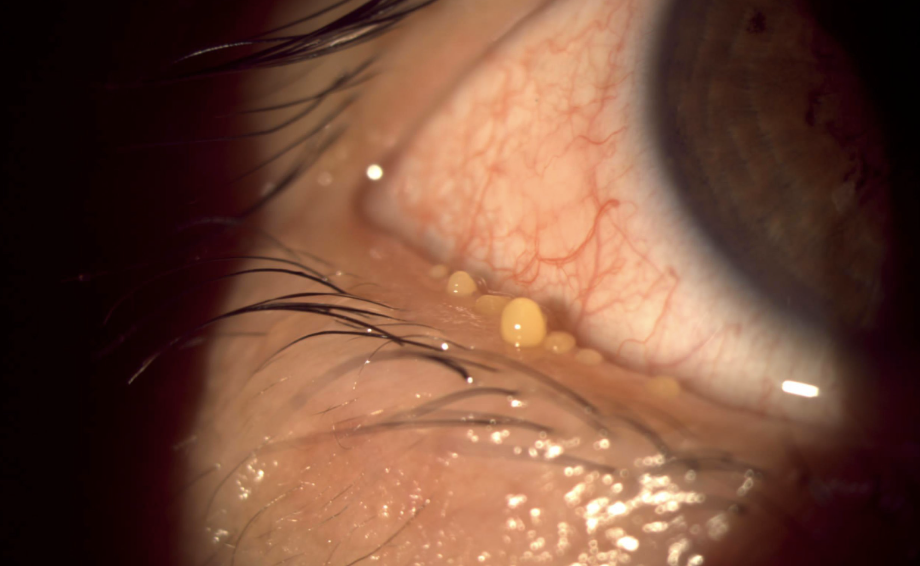Tear Film & Meibomian Gland Assessment
Your tear film contains both water and oil. Many things such as systemic inflammation, hormones, medications, your work environment, and even what you eat and drink may influence the quality of your tears. The majority of people with dry eye have dysfunctional Meibomian glands that do not adequately contribute oil into the tear film. This oil is essential in delaying tear evaporation and preventing dryness.
The assessment entails:
Meibography: Specialized imaging technique that captures detailed images of the meibomian glands, which are responsible for producing the essential oil layer of your tear film. This oil helps keep your eyes lubricated and prevents dryness by reducing tear evaporation.
Tear Break-up Time: To accurately evaluate how long your tear film remains stable on the surface of the eye.
Tear Meniscus Height: This measurement indicates the volume of tears present in the eye. Having an excess amount of tear quantity is not ideal, just as having a low tear quantity can lead to discomfort and potential eye problems. Maintaining a balanced tear volume is essential for optimal eye health and comfort.
Conjunctival Injection, R-Scan: Evaluate and assess the presence and extent of inflammation in the eye, helping to identify any underlying conditions affecting ocular health.
Meibomian Gland Expression: to evaluate the quality and function of your meibomian gland oils.
A thorough review of your health history, current medications, environmental factors, and daily skin care routine is conducted to gain a comprehensive understanding of your condition. After completing the exam, we’ll carefully review our findings together and develop a personalized, customized treatment plan designed specifically to target the root causes of your symptoms, helping to restore your eyes to a healthier, more comfortable, and balanced state.



